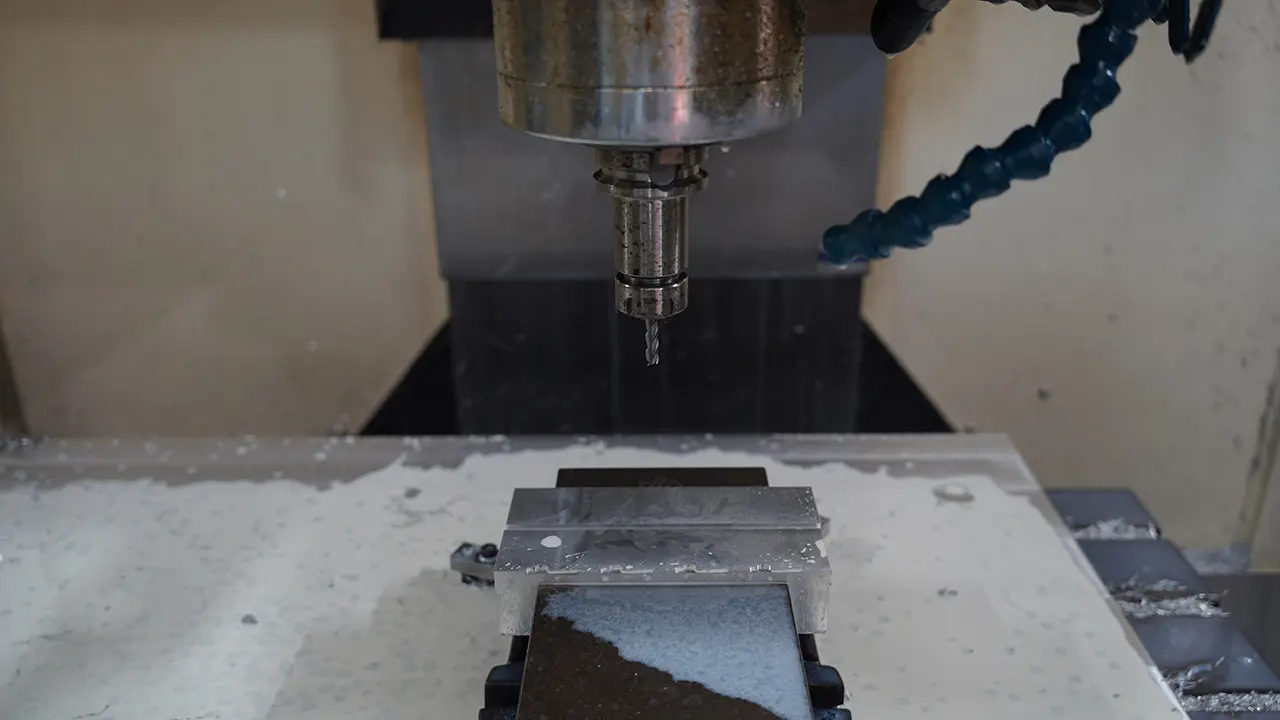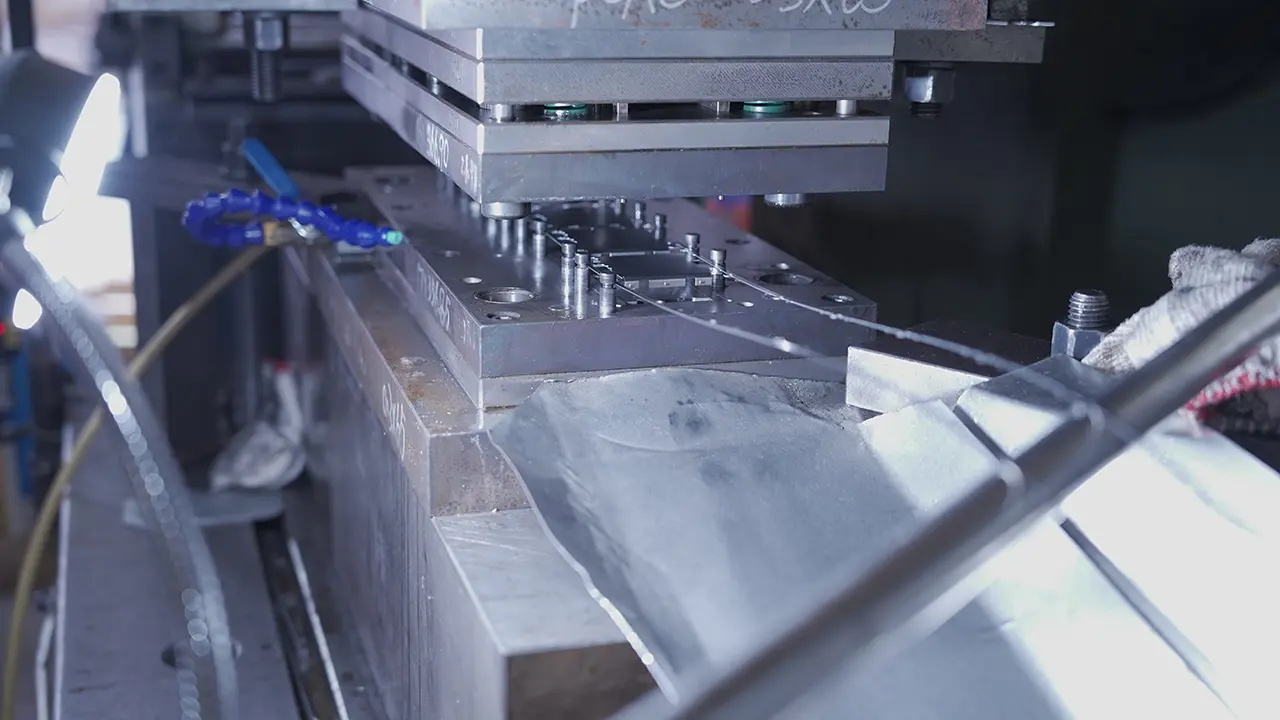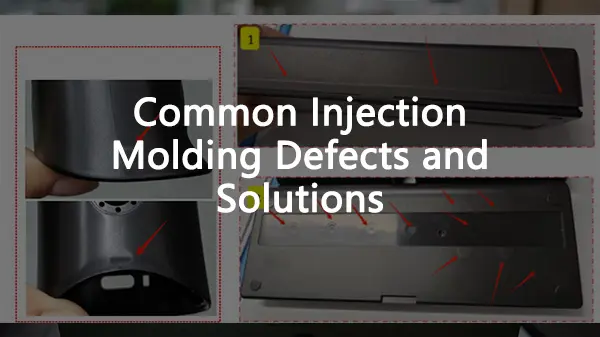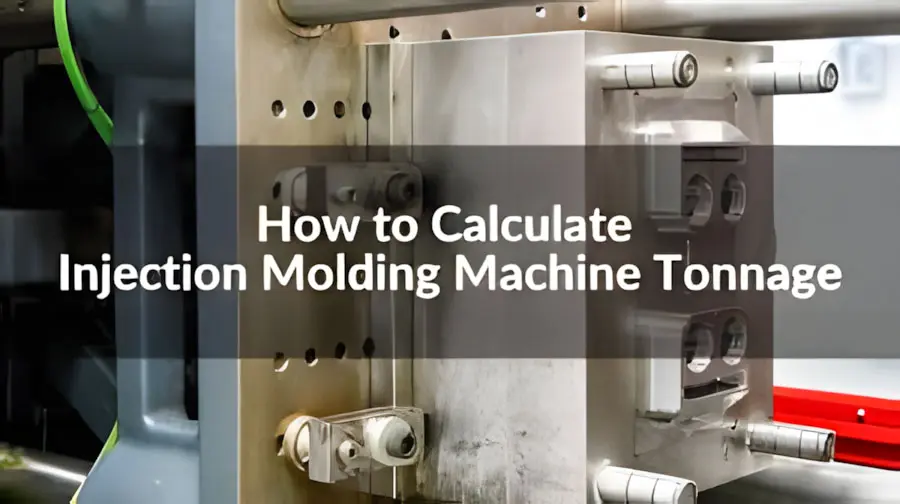Fabrication is any process that cuts, forms, or molds materials into a finished product. Instead of assembling an end product from ready-made components, fabrication produces an end product from raw or semi-finished materials. When you require bespoke products, you must determine whether to use CNC fabrication or sheet metal fabrication.
Many factors must be considered before deciding the best project solution. Because numerous factors play key roles in every project, it is sensible to analyze those considerations before deciding on the best alternative. Is it better to pick CNC fabrication or sheet metal fabrication for your next manufacturing project? Continue reading to find out more.
What is CNC Fabrication?
CNC requires the use of computer-aided manufacturing (CAM) programs and computer-aided design (CAD) written in proprietary code known as M-Code and G-Code. These programs regulate parameters such as raw material feed rate, component placement, and cutting speed. A collection of programs is written and uploaded into the system’s computer memory. This regulates the machine’s motions on a scale with tolerances of +/-0.005″.So custom CNC parts involve a highly precise machining process.

What is Sheet Metal Fabrication?
Sheet metal fabrication is a kind of manufacturing that includes creating things out of flat metal sheets. As a consequence, sheet metal may be formed, cut, bent, and assembled into any desired shape utilizing various ways using complex technology.

The Difference Between CNC Fabrication and Sheet Metal Fabrication
There are, in fact, some distinctions between them. Some pieces are manufactured using CNC machining, while others may be manufactured using sheet metal fabrication. To keep all our readers on the same page, let’s examine some of the distinctions between the two manufacturing processes.
1. The operation procedure is distinct.
CNC machining involves the removal of material from a component. In contrast, sheet metal fabrication involves building metal structures by bending, cutting, and assembling procedures.
2. The material’s shape varies.
The material shape for CNC machining is a solid round bar, tube, or plate metal. In contrast, plate, metal formed, expanded metal, and wire are used for sheet metal production.
3. The precision varies.
CNC-machined items have tighter tolerances than sheet metal fabrication parts.
CNC Fabrication vs. Sheet Metal Fabrication
Choosing between the two manufacturing processes may be a little tedious. However, considering the factors below, you can choose the perfect manufacturing method that suits your project.
Quality of Products
CNC manufacturing may produce very precise designs if the fabrication business hires an expert with extensive experience programming CNC projects. When the possibility of human error is eliminated, a computer-guided machine may concentrate on minor details to produce extremely precise designs. So, if greater quality of product in terms of precision is involved, then CNC fabrication is preferred.
CNC production, however, does not offer outstanding outcomes for all sorts of fabrication projects. For instance, If you need to manufacture an enclosure with thin metal walls, CNC production is unlikely to provide the desired results. This is where sheet metal manufacturing comes into play.
Professionals may use sheet metal fabrication to create thin metal walls, boxes, device panels, brackets, chassis, and other objects.
When it comes to thin metal for lightweight purposes, sheet metal fabrication should be preferred over CNC manufacture. You’ll get greater outcomes while paying less.
The Cost of Production
The cost of creating a unique product is determined by various criteria, including the kind of metal used and the size of the product. Because CNC manufacturing and sheet metal fabrication may essentially utilize the same metals (stainless steel, steel, copper, aluminum, and zinc), your material selection should not play a significant part in deciding on a fabrication process.
Assume that these considerations have no impact on the cost of your project. This lets you concentrate on the process cost rather than materials and project specifications. Often, the sheet metal fabrication technique is less expensive than CNC fabrication.
A typical sheet metal manufacturing job costs between $1,000 and $4,000. The same job might cost hundreds of dollars more when computers and programming are involved. After all, the facility must return its investment in specialist CNC technology and people competent to utilize the equipment.
Design Complexity
CNC manufacturing and metal fabrication are both important in creating and designing cutting-edge components and systems. The intricacy of the design and its material is one of the most crucial factors to consider when deciding between the two procedures. Sheet metal fabrication is ideal for intricate designs and recurring forms and patterns. In contrast, CNC fabrication is superior for complex curves and contours.
When manufacturing your product (whether it’s a prototype or a small batch run), you should base your decision on the design you have. If you have a design that can be CNC machined, CNC machining is an excellent choice; otherwise, sheet metal fabrication is the way to go.
Precision
While CNC is costly, it offers significant advantages. There are several aspects to consider while making this choice. To begin with, the machining accuracy is exceptional. As a result, it became the natural option for high-quality items. So, if your product does not need a high level of accuracy or large volumes, you may choose sheet metal manufacturing.
Quantity
When it comes to volume production, you may be unsure which of the two manufacturing processes to choose. CNC manufacturing is advantageous when large quantities are required. In terms of big volume operations, CNC fabrication is a favored solution to help minimize various types of mistakes that may result in material waste, rework, excessive prices, lost man-hours, and so on when using fabrication or other techniques. In other words, CNC is more cost-effective for prototyping difficult-to-fabricate items. CNC is the way to go if you require high-quality, long-term usage with little to no human interaction.
Simplicity
CNC manufacturing is preferred for its simplicity. This is due to the fact that sheet metal manufacturing requires a large setup, several machines, and extensive labor training. CNC, on the other hand, is a single piece of equipment that is simple to use. Also, it can be used for extended periods without geometrically growing expenses.
Conclusion
Ultimately, choosing between CNC machining and sheet metal fabrication is similar to deciding between one industry that has been around for decades and another that is still developing. While CNC is more precise and highly automated, it requires a bigger budget to achieve excellent results. On the other hand, metal fabrication involves several steps, but it’s simpler to use with a lower budget needed.
CNC machining and sheet metal fabrication are important in today’s technology-driven market. If you need high accuracy for your prototype or need the help of an expert metal worker for short-run production, both of these processes can assist you during the development stage of your project (and throughout its life cycle).





